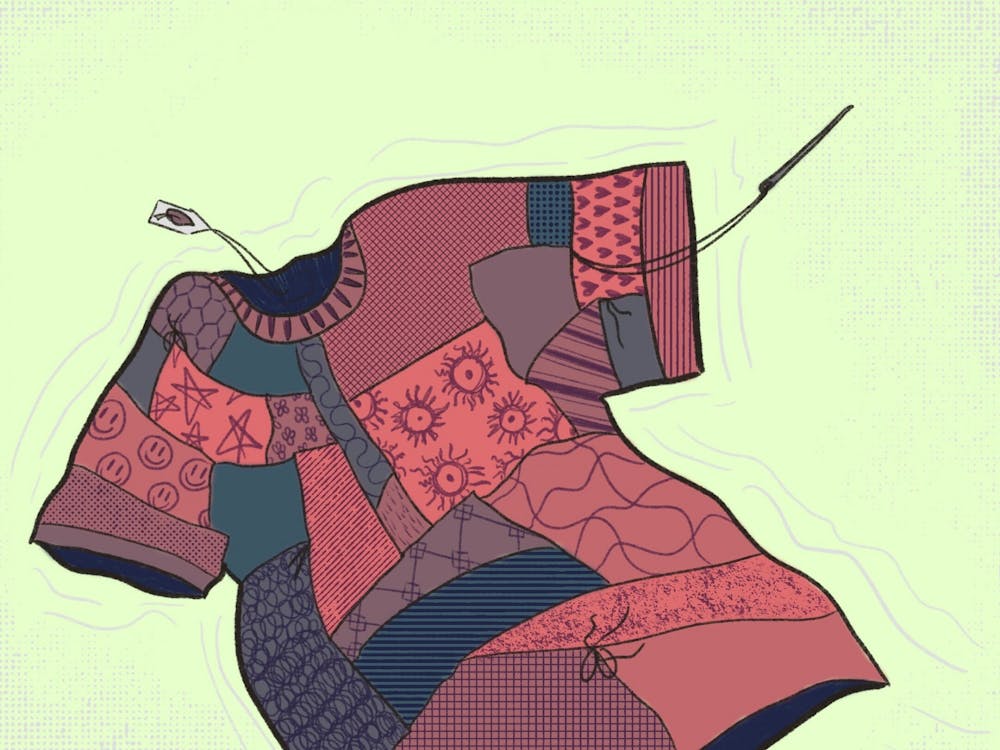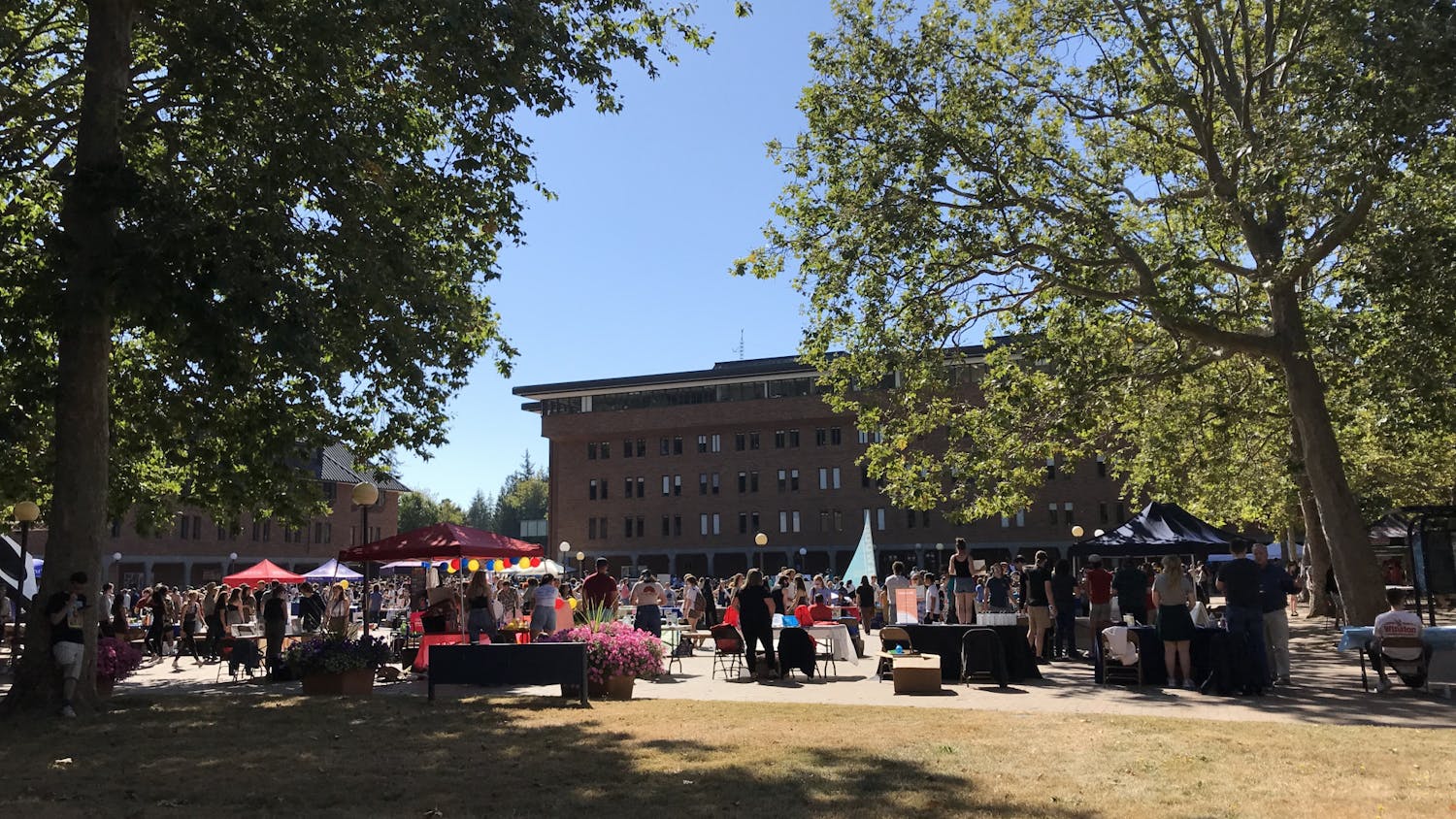Students for Zero Waste is giving Western Washington University another reason to jump into spring cleaning with their clothing swap and repair fair quickly approaching.
Held on April 25 in the Viking Union Multipurpose Room from 1 to 4 p.m., this event will be an opportunity for students and staff alike to drop off and take clothes at their leisure – completely free of cost.
“One thing that I think is really funny is everyone tries to pay us whenever we host clothing swaps – they're like, how much for it?” said Emma Jean McGreevy, club lead of Students for Zero Waste. “I think it's important to have it not be profitable, just community supporting each other.”
McGreevy explained the point of this swap is simply to facilitate a space for sustainable practices to take place and, hopefully, for these habits to stick around long after this event.
“I think it's important to just promote people not only donating to thrift stores and stuff but trading with your friends and creating those kinds of cycles of reusing within your own group,” McGreevy said.
Clothing reuse within social circles is vital to the effort toward sustainability. While thrift stores are by no means the main perpetrators of this issue, they are not exempt from the damage they contribute.
“Any of the things that we could potentially donate to [thrift stores] could just end up in a landfill or the garbage somewhere,” said Megan Strom, secretary for the WWU Fashion Club, when reflecting upon the motivations for her own club’s past clothing swap.
Beyond thrift stores' contribution to this sustainability issue, there is a much larger issue at hand: fast fashion. Fast fashion is an approach to textile production that caters to the accelerated movement of trends, thus leading to excessive waste, workarounds and overwork.
“In our country and everywhere, it's become one of the number one pollutants of our oceans and of our skies. The creation of clothing is extremely harmful to our environment,” said Natalie Mote, store manager at Worn Again Thrift.
This recent uptick in demand for clothing is not without explanation, nor is it without consequences. As explained by McGreevy, this is the product of a consumerist society without the understanding of or care towards alternative ways they could consume.
“[It's] a big social justice issue of people being taken advantage of to produce the amount of clothing that Western society consumes, ” McGreevy said.
Despite any intentions held by these consumers, it must be understood that they are not the ones truly paying for it, outside of the long-run environmental consequences. The way in which these clothes are being made and the shortcuts taken to meet demands impact countless lives.
McGreevy, among others, is hoping to give people the chance to learn new and sustainable strategies for their consumption as a means to relieve this textile crisis.
A new element included in the clothing swap to further push secondhand practices is the repair fair. Members of both the fashion and sewing clubs will be present, mending clothes and teaching people how to fix things like buttons on jackets.
“A lot of people donate things that aren't really broken or [are damaged items] that they just don't know how to fix,” McGreevy said.
The swap’s lengths to prevent waste don’t end here. After the conclusion of the swap, not only will leftover clothing be donated to Value Village, but less “desirable” items that would likely end up in landfills will be turned into totes and grocery bags by the club.
Students for Zero Waste are encouraging those at and outside of Western to take any measure they are able to fight against further fast fashion practices, and showing them how to do it.
Sustainability in fashion begins with making any effort available to prevent the creation of new clothing and extend the life of clothes that already exist.
“I think one of the number one ways that you can offset carbon footprint damages that we are doing to our planet is simply by shopping secondhand, by buying what already exists in the world, what has already been created and already done the damage it's going to do – and now it's time to keep them alive and keep them out of landfills,” Mote said.
Morgan Merriam (she/her) is the Managing Editor for The Front this quarter. Previously, she has been a reporter for Campus News, and held multiple editor positions over the past year. Morgan is entering her fourth year at Western, majoring in journalism - public relations with a minor in sociology. Outside of the newsroom, she enjoys jewelry making, baking and hiking. You can contact her at morganmerriam.thefront@gmail.com






